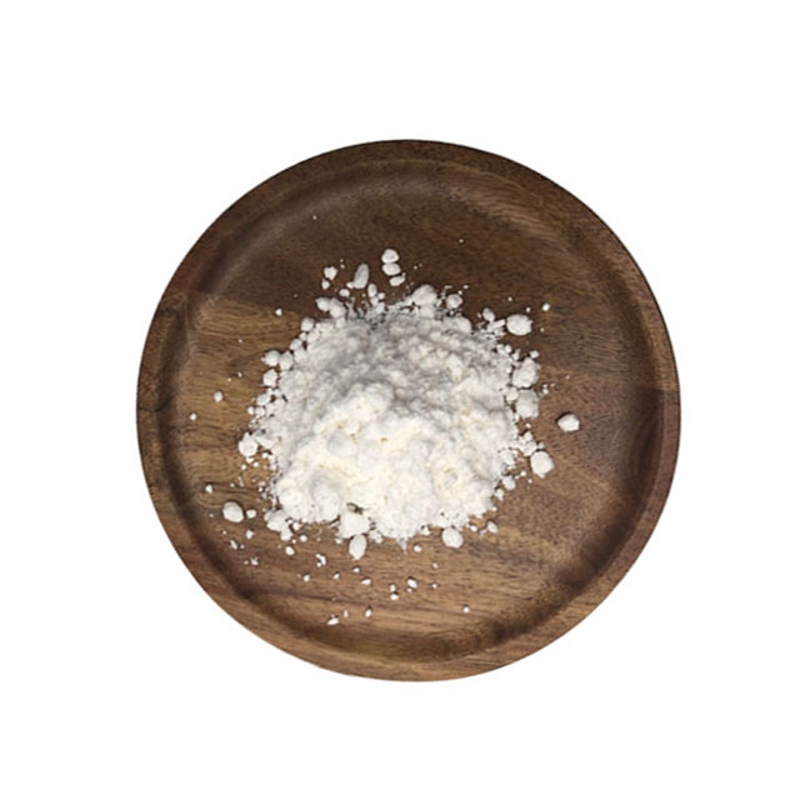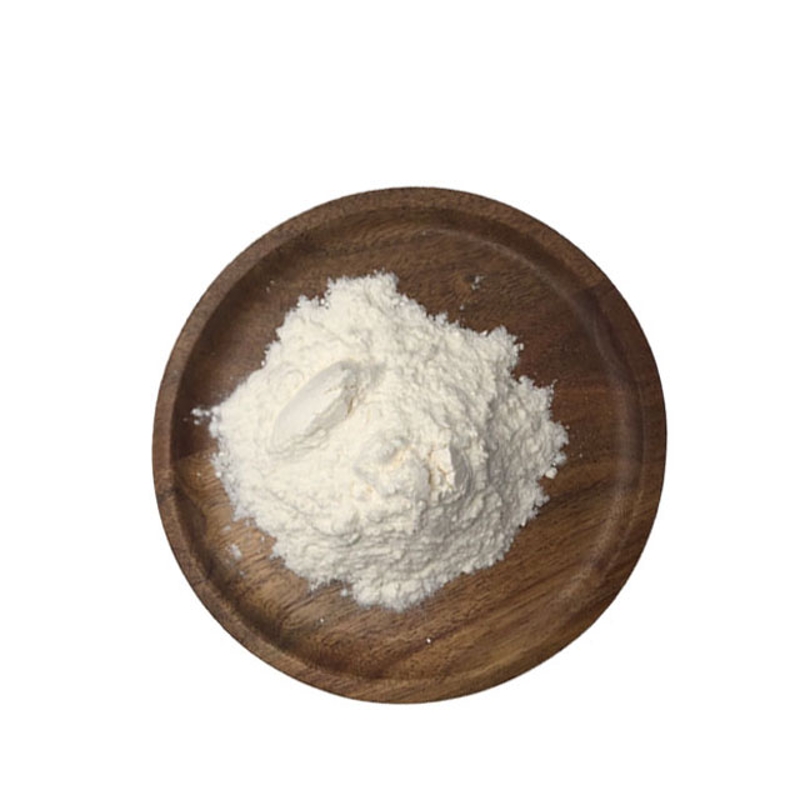-
Categories
-
Pharmaceutical Intermediates
-
Active Pharmaceutical Ingredients
-
Food Additives
- Industrial Coatings
- Agrochemicals
- Dyes and Pigments
- Surfactant
- Flavors and Fragrances
- Chemical Reagents
- Catalyst and Auxiliary
- Natural Products
- Inorganic Chemistry
-
Organic Chemistry
-
Biochemical Engineering
- Analytical Chemistry
- Cosmetic Ingredient
-
Pharmaceutical Intermediates
Promotion
ECHEMI Mall
Wholesale
Weekly Price
Exhibition
News
-
Trade Service
A prospective study showed that in the case of prophylactic use of tocilizumab, anti-CD19 CAR-T cells produced by automated cell manufacturing platforms will still cause severe cytokine release syndrome (CRS) and immunity in some children.
Effector cell-related neurotoxicity syndrome (ICANS).
The study subsequently modified the CAR-T application plan to adapt the initial dose of CAR-T to the leukemia burden of children, and to inject high-risk children in divided doses.
The results of the study will be announced at the 47th Annual Meeting of the European Association of Blood and Bone Marrow Transplantation (EBMT 2021) in 2021.
The editor organizes the main content as follows for the reference of readers.
01 Research method In this study, a cohort of 30 children with B-cell precursor acute lymphoblastic leukemia (BCP-ALL) received dose-escalation CAR-T therapy (cohort 1), and another cohort included 24 children Accept the risk-adjusted treatment plan (cohort 2).
All children need to receive CAR-T products that have not been cryopreserved after receiving lymph node dissection and preventive tocilizumab treatment.
The children in cohort 1 received CAR-T treatment at four dose levels of 0.
1×106/kg, 0.
5×106/kg, 1×106/kg, and 3×106/kg.
Among them, 19 children with bone marrow leukemia had a higher burden High (>20%).
In cohort 2, 10 children with low leukemia burden (<20%) received CAR-T treatment at a dose of 1×106/kg, and 14 children with high leukemia burden received 0.
1×106/kg on day 0 of the study.
A kg dose of CAR-T was infused, and the second infusion (0.
9×106/kg) was planned on the 7th day.
The leukemia burden should be reduced to <20% when the child undergoes the second infusion, and there is no level of CRS or ICANS> 2 at the same time.
The interim analysis of the 02 study results in cohort 1 showed that the severe (grade 3-5) CRS and neurotoxicity that occurred at the time of enrollment of the children were only related to a higher leukemia burden (primitive cells in the bone marrow> 20%) (P=0.
002) .
In cohort 2, children with no high leukemia burden experienced grade IV-V adverse events.
Four of the children received the second CAR-T infusion, and then one child developed grade III CRS and grade I ICANS, and one patient had a low level.
Children with leukemia burden have grade IV ICANS with cerebral edema (as shown in the figure below).
In cohort 1, 28 children with curative effects could be evaluated on the 28th day of treatment, of which 24 (89%) children were negative for minimal residual disease (MRD).
Eighteen children (75%) relapsed after remission, with a median time to relapse of 184 days.
In Cohort 2, 8 (80%) children with low leukemia burden achieved complete remission (CR) on the 28th day of treatment.
Among them, 4 (50%) children relapsed, with a median time to relapse of 127 days.
All children with high leukemia burden in cohort 2 reached CR on the 28th day of treatment.
Among them, 7 cases (50%) had recurrence, and the median time to relapse was 93 days.
03 Study conclusions All children with high leukemia burden receive only one CAR-T treatment at a dose of 0.
1×106/kg to obtain MRD-negative CR, which confirms the high titer of fresh anti-CD19 CAR-T products.
The risk-adjusted CAR-T dosing regimen can still maintain a high remission rate and reduce the risk of serious adverse reactions in children with a high leukemia load.
Reference source: O.
Molostova, L.
Shelikhova, Y.
Muzalevsky, et al.
CD19 CAR-T therapy in children with R/R ALL: adaptive split dosing improvessafety and maintains efficacy of the approach.
The 47th Annual Meeting of theEBMT.
Abstract OS3-1.
Poke "read the original text", we make progress together
Effector cell-related neurotoxicity syndrome (ICANS).
The study subsequently modified the CAR-T application plan to adapt the initial dose of CAR-T to the leukemia burden of children, and to inject high-risk children in divided doses.
The results of the study will be announced at the 47th Annual Meeting of the European Association of Blood and Bone Marrow Transplantation (EBMT 2021) in 2021.
The editor organizes the main content as follows for the reference of readers.
01 Research method In this study, a cohort of 30 children with B-cell precursor acute lymphoblastic leukemia (BCP-ALL) received dose-escalation CAR-T therapy (cohort 1), and another cohort included 24 children Accept the risk-adjusted treatment plan (cohort 2).
All children need to receive CAR-T products that have not been cryopreserved after receiving lymph node dissection and preventive tocilizumab treatment.
The children in cohort 1 received CAR-T treatment at four dose levels of 0.
1×106/kg, 0.
5×106/kg, 1×106/kg, and 3×106/kg.
Among them, 19 children with bone marrow leukemia had a higher burden High (>20%).
In cohort 2, 10 children with low leukemia burden (<20%) received CAR-T treatment at a dose of 1×106/kg, and 14 children with high leukemia burden received 0.
1×106/kg on day 0 of the study.
A kg dose of CAR-T was infused, and the second infusion (0.
9×106/kg) was planned on the 7th day.
The leukemia burden should be reduced to <20% when the child undergoes the second infusion, and there is no level of CRS or ICANS> 2 at the same time.
The interim analysis of the 02 study results in cohort 1 showed that the severe (grade 3-5) CRS and neurotoxicity that occurred at the time of enrollment of the children were only related to a higher leukemia burden (primitive cells in the bone marrow> 20%) (P=0.
002) .
In cohort 2, children with no high leukemia burden experienced grade IV-V adverse events.
Four of the children received the second CAR-T infusion, and then one child developed grade III CRS and grade I ICANS, and one patient had a low level.
Children with leukemia burden have grade IV ICANS with cerebral edema (as shown in the figure below).
In cohort 1, 28 children with curative effects could be evaluated on the 28th day of treatment, of which 24 (89%) children were negative for minimal residual disease (MRD).
Eighteen children (75%) relapsed after remission, with a median time to relapse of 184 days.
In Cohort 2, 8 (80%) children with low leukemia burden achieved complete remission (CR) on the 28th day of treatment.
Among them, 4 (50%) children relapsed, with a median time to relapse of 127 days.
All children with high leukemia burden in cohort 2 reached CR on the 28th day of treatment.
Among them, 7 cases (50%) had recurrence, and the median time to relapse was 93 days.
03 Study conclusions All children with high leukemia burden receive only one CAR-T treatment at a dose of 0.
1×106/kg to obtain MRD-negative CR, which confirms the high titer of fresh anti-CD19 CAR-T products.
The risk-adjusted CAR-T dosing regimen can still maintain a high remission rate and reduce the risk of serious adverse reactions in children with a high leukemia load.
Reference source: O.
Molostova, L.
Shelikhova, Y.
Muzalevsky, et al.
CD19 CAR-T therapy in children with R/R ALL: adaptive split dosing improvessafety and maintains efficacy of the approach.
The 47th Annual Meeting of theEBMT.
Abstract OS3-1.
Poke "read the original text", we make progress together







